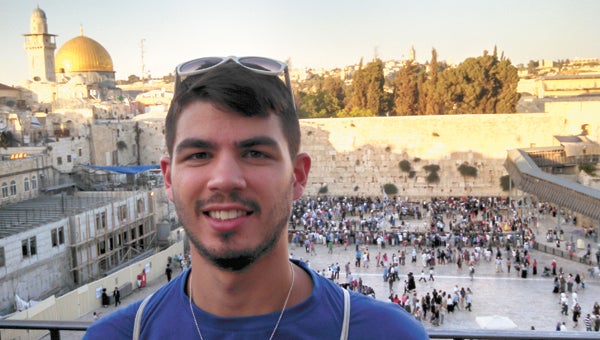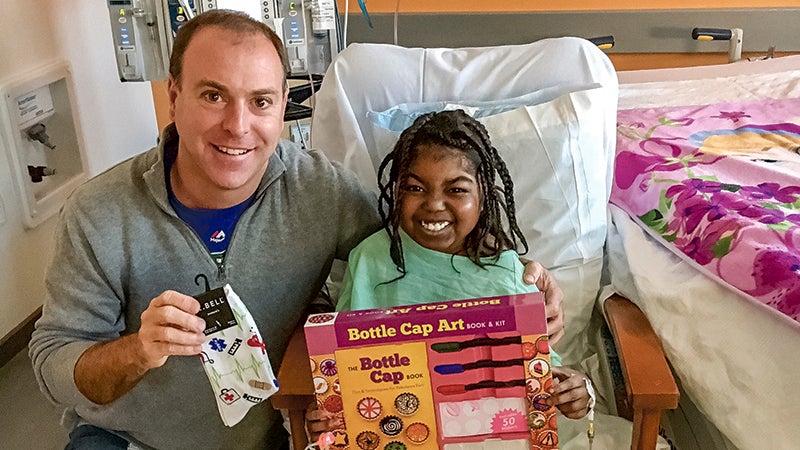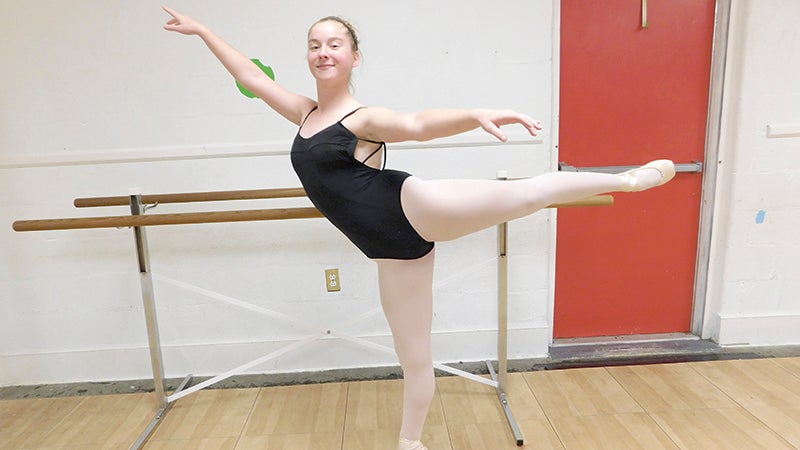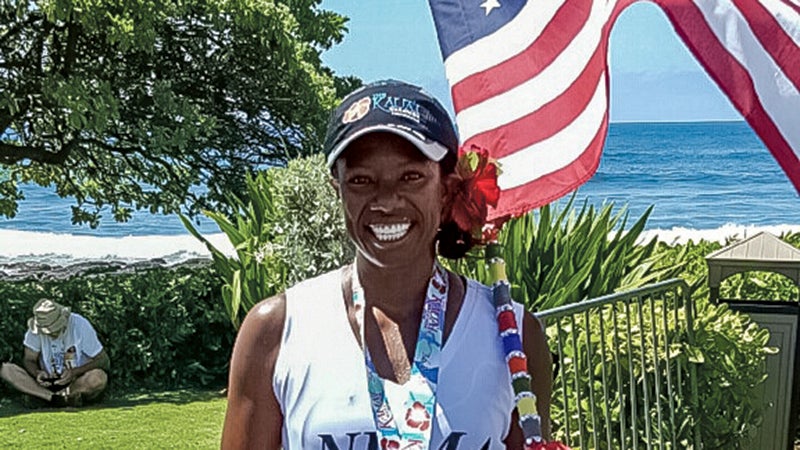Home safe after Israel trip
Published 9:46 pm Monday, August 4, 2014

Bracey Parr had to cut short his educational trip to Israel after violence increased in the region. But he saw some of the sights before he did so, including the Western Wall, pictured behind him. Believed by Jews to be the last remnant of the temple destroyed by Rome in 70 A.D., it is a site for Jewish prayer, pilgrimage and gatherings. (Submitted Photo)
A Suffolk native is safe at home after being evacuated from northern Israel during the intense conflicts there last month.
Bracey Parr arrived home on July 27 after nearly a month in the Middle East. His trip was cut short by more than two weeks.
Parr, Nansemond-Suffolk Academy’s 2011 valedictorian, was there on an excavation with his school, St. Louis University’s Madrid campus, seeking evidence of Bronze Age and Iron Age settlements as well as the Philistine, Phoenician and Israelite cultures.
“We find very interesting things,” said Parr, for whom it was his second time on the annual trip. “We’ve had a couple of big finds this year.”
Parr first went two years ago and returned this year as a supervisor.
“The political situation two years ago was definitely very tame compared to this time,” he said.
Parr said the group heard bomb sirens, fled a violent riot in Nazareth and had to cancel certain parts of its trip.
“In every direction where we were in the Middle East, there was a conflict going on,” he said. “It was pretty tense, the entire situation. We couldn’t go to Bethlehem because there were a lot of riots.”
Parr said what would be everyday events in the United States — such as a birthday party for a member of the team — were affected by the violence.
“It felt off celebrating and being so happy when to the four corners of the Earth, there was killing going on.”
The group arrived in the Middle East shortly after the kidnapping of three Israeli teenagers but before their bodies were found, which escalated violence in the area.
“I knew as soon as they found the three bodies of the Israelis, it was going to be tougher for us,” Parr said. “The university, thankfully, provided us with insurance for our trip. We had the choice to stay there or not to stay there. We just decided to stay that long because we were so dedicated to the project.”
He said his professor “always made it clear safety was No. 1, so we felt comfortable leaving early.”
Parr said the experience gave him a new perspective on the conflict and he stressed he is “neither pro-Israeli nor pro-Palestinian.” He also has insight on how Americans perceive the people of the Middle East and the violence in the region.
“I feel like in America, we are really stricken by a pro-Israeli bias,” many times because of religious beliefs, he said. “I think a lot of Americans don’t know there are Palestinian Christians. They don’t know their brothers and sisters in Christ are also in a very bad bind. A lot of people in America associate Arab with Muslim, or with terrorists, and it’s not necessarily so.”
Parr also said the difference in the delivery of news about the conflict in different areas — the United States, Europe and the Middle East — is interesting to observe.
“I would like people to be informed and to not take the news in as they see it and look at all sides,” he said.
Parr said he believes there can be a solution to violence in the Middle East — one day.
“It might not come along in our lifetime or our children’s lifetimes,” he said. “I really want everyone that reads this story to pray and reflect on the situation for peace there. I think we can one day achieve peace, but peace also starts at home. Everyone just pray for peace in your own life and peace around the world.”





